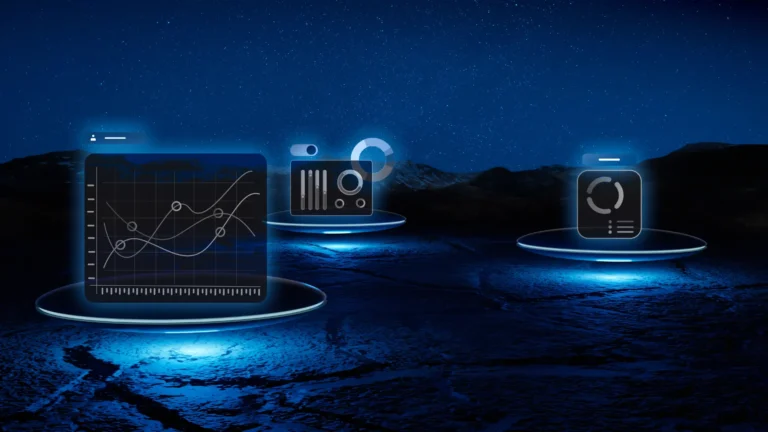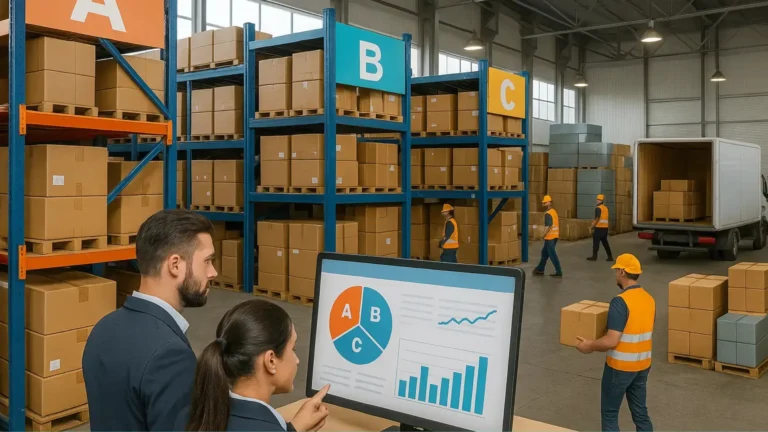What is Enterprise Resource Planning Software?

What is Enterprise Resource Planning Software?
In today’s fast-moving business world, staying organized, efficient, and connected is key to success. That’s where Enterprise Resource Planning (ERP) software comes in. ERP is a powerful solution that helps businesses manage all their core functions—like accounting, inventory management, human resources, sales, and more—in one central system.
But what exactly is ERP software? And why is it so important for growing businesses? Let’s break it down in simple terms.
ERP Software: A Simple Explanation
ERP software is a business management tool that brings together different departments and functions into one unified system. Instead of using separate apps or spreadsheets for tasks like finance, inventory, or customer support, ERP allows your entire business to work together using one shared platform.
For example, when your sales team enters a new order, that information automatically flows to inventory, accounting, and shipping. Everyone works from the same data, reducing errors, improving speed, and saving time.

Why Do Businesses Use ERP Software?
Businesses—big or small—use ERP software for several reasons. Here are some of the biggest benefits:
1. Improved Efficiency
ERP automates repetitive tasks like billing, order processing, and reporting. This means your team can focus on more important work while the system handles the routine.
2. Better Visibility
All your business data is stored in one place, giving you real-time insights into sales, inventory, performance, and more. This helps you make faster, smarter decisions.
3. Cost Savings
By streamlining operations and avoiding errors, ERP can help reduce costs and prevent delays. Over time, it delivers strong return on investment.
4. Scalability
As your business grows, ERP grows with you. You can add new modules, users, and processes without needing to switch systems.
Key Features of ERP Software
Most ERP systems come with essential modules that support different areas of your business. These include:
Finance & Accounting – Manage budgets, invoices, tax compliance, and financial reports.
Inventory Management – Track stock levels, manage warehouses, and avoid overstocking or stockouts.
Procurement – Handle purchasing, supplier relationship management, and raw material sourcing.
Sales & CRM – Manage customer relationships, track leads, and improve sales pipelines.
Human Resource Management (HRM) – Oversee employee records, payroll, attendance, and recruitment.
Supply Chain Management – Monitor product flow from suppliers to customers and manage logistics.
Manufacturing – Plan production schedules, track materials, and manage resources.
Depending on your industry, you can also add advanced modules like e-commerce, project management, service management, and business analytics.
Cloud ERP vs On-Premise ERP
There are different ways to deploy ERP software:
Cloud ERP: Hosted online and accessed via the internet. Ideal for businesses wanting lower upfront costs and remote access.
On-Premise ERP: Installed locally on your company’s servers. Offers more control but requires in-house maintenance.
Hybrid ERP: Combines both cloud and on-premise features for greater flexibility.
Cloud-based ERP systems are especially popular among small and mid-sized businesses due to their affordability and easy setup.
Who Needs ERP Software?
If your business is growing and you’re juggling too many disconnected systems, ERP can be a game changer. Here are a few signs you might need ERP:
You rely on spreadsheets and manual data entry.
Your teams struggle to get accurate, real-time data.
You’re making decisions based on guesswork, not insights.
Your software tools don’t talk to each other.
You’re spending too much time on repetitive tasks.
Whether you run a manufacturing unit, retail store, service company, or eCommerce business, ERP can simplify your operations and help you grow faster.

Conclusion
ERP software is no longer just for large corporations. Today’s cloud-based ERP solutions are affordable, flexible, and designed for businesses of all sizes. By bringing your core operations together in one system, ERP helps you improve productivity, reduce costs, and gain full visibility into your business.
If you’re looking to streamline processes, enhance decision-making, and prepare for growth, investing in the right ERP software might be the smartest move your business can make.







1 thought on “What is Enterprise Resource Planning Software?”